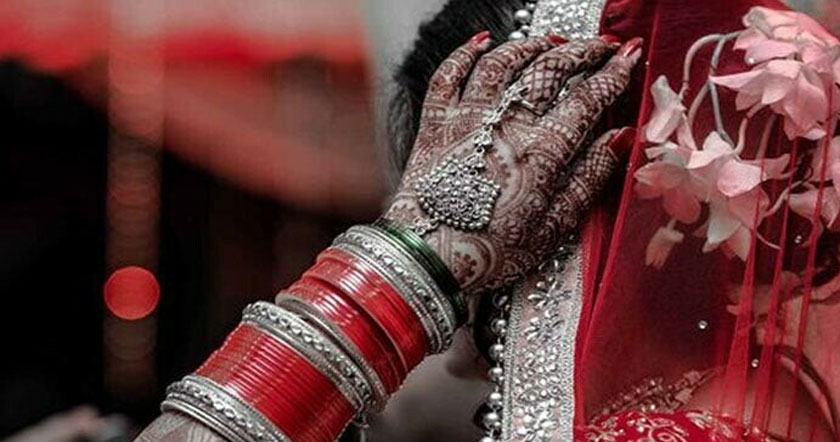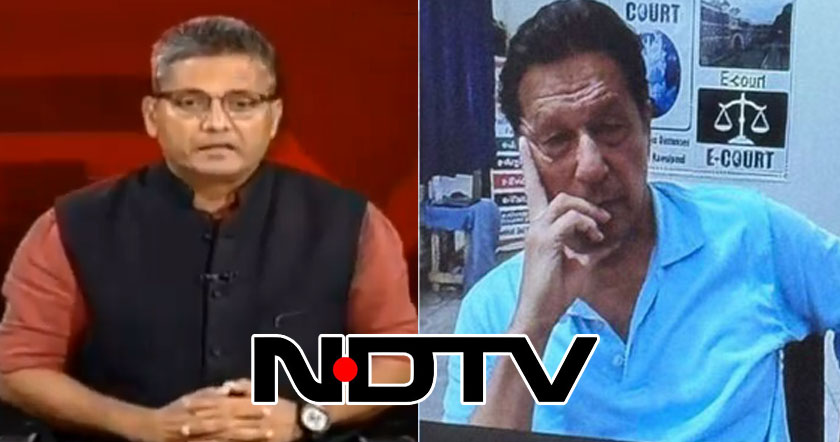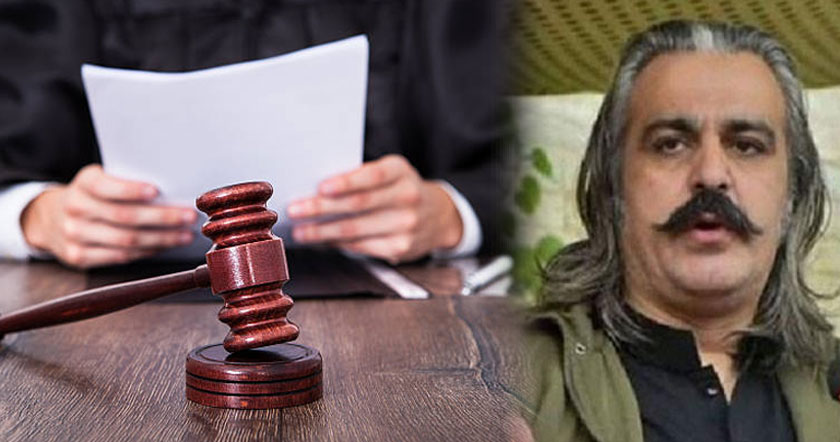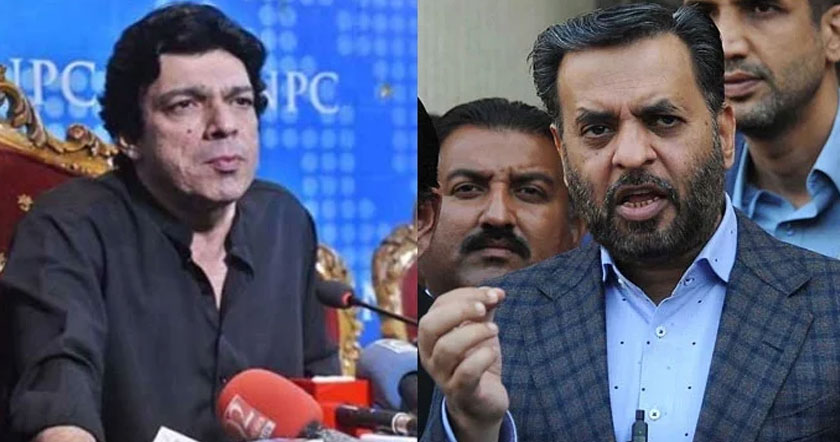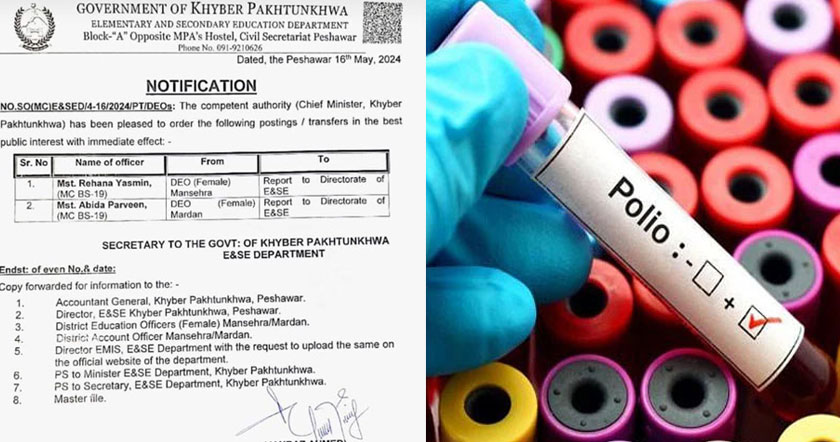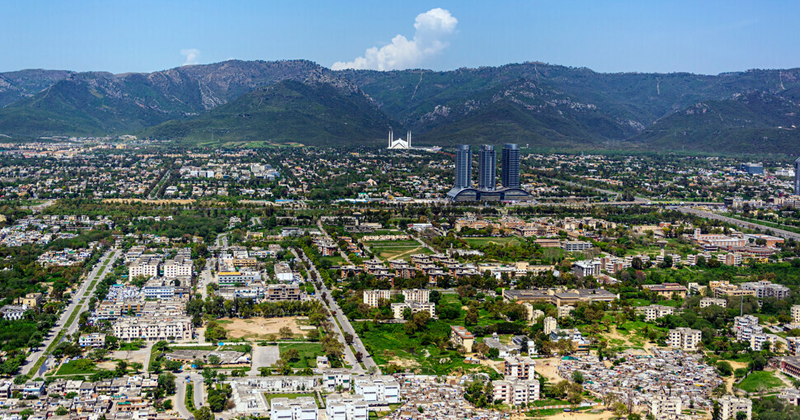Wedding for the Dough? Saudis Debate New Marriage Law
Before you read this post let me refresh you some words from Quran.
1) [FONT=Verdana, Arial, Helvetica]"Do not abuse those they appeal to instead of God" (6:108)
2) [/FONT][FONT=Verdana, Arial, Helvetica] "No bearer of burdens shall be made to bear the burden of another" (6:164)
3) [/FONT][FONT=Verdana, Arial, Helvetica]"And in their wealth there is acknowledged right for the needy and the destitute" (51:19)
4) [/FONT][FONT=Verdana, Arial, Helvetica]"The believers are brothers (to each other)" (49:10). "If they (disbelievers) repent and keep up prayer and pay the poor-due, they are your brothers in faith" (9:11).
5) [/FONT][FONT=Verdana, Arial, Helvetica]"Do not spy on one another" (49:12).
[/FONT]6) "As for those who lead a righteous life, male or female, while believing, they enter Paradise; without the slightest injustice". (4:124)
<<<<>>>>>>>>
Written by David E. Miller
Published Tuesday, May 24, 2011
http://www.themedialine.org/news/news_detail.asp?NewsID=32263
Lawmakers fear changes will make women vulnerable to foreign gold diggers
Conservative lawmakers in Saudi Arabia are in an uproar that the countrys single women will fall victim to foreign gold diggers as the kingdom debates amendments to its complicated and red-tape strewn marriage law.
A proposed amendment to Saudi Arabia's marriage law will make it easier for Saudis to marry foreigners, although not just any foreigner, only those from other Gulf Arab countries. Still, many parliamentarians say the change would have a disastrous effect on Saudi society, exposing the countrys females into wedlock with non-Saudis eager to get a piece of the oil-soaked kingdoms wealth.
"Foreigners will not marry Saudi women for their pretty eyes," asserted Talal Bakri, a member of the countrys Shoura Council, or parliament. He warned that the change would spark an influx of foreigners into the country.
Parliament member Khalil Ibrahim was even less delicate, telling the Saudi-owned daily A-Sharq Al-Awsat that the new mechanism "would indicate that we have a ready-made product, demanding that non-Saudis marry Saudis." Ahmad Al-Mufrih, another lawmaker, suggested adding a clause that disallowed non-Saudi drug addicts from applying for marriage.
The amended marriage law would be a small advance for women in a country where their rights are among the most severely constrained in the world, banned from driving, voting in what few elections there are, or mixing with men who arent related to them. Despite lawmakers fears, most Saudi women dont choose their marriage partners since they arent free to meet men in public.
Right now, a Saudi man or woman who wants to marry a foreigner faces a complicated set of procedures and categories. Most Saudis must request a special government permit to marry non-Saudis, even if they are Muslim. However, since January 2010, when the law was last amended, some categories of men were awarded the right to marry no-Saudis.
Its a strange list that includes ministers, members of the judiciary, diplomats at the Foreign Ministry, employees of the Royal Court, the crown princes court, the Council of Ministers, the National Security Council, and members of the councils and organizations chaired by the king and the crown prince. So is staff at the Ministry of Defense and Aviation, the Interior Ministry, the National Guard, the Royal Guard and the General Organization for Military Industries, members of the Commission for Investigation and public prosecution, customs staff and all students studying abroad under government scholarship programs.
Other parts of the law govern what kind of foreign residents in Saudi Arabia are permissible marriage partners and children of mixed Saudi/non-Saudi marriages.
"National identity hasn't quite caught up with biology in Saudi Arabia," Cristoph Wilcke, a Saudi Arabia researcher for Human Rights Watch, told The Media Line, referring to the fact that the child of a non-Saudi father is commonly seen as non-Saudi, since national identity is widely viewed in Arab societies as transmitted through the father alone.
Wilcke said Saudis used both economic and "racially tinged" arguments against relaxing the marriage laws in the kingdom.
Before you read this post let me refresh you some words from Quran.
1) [FONT=Verdana, Arial, Helvetica]"Do not abuse those they appeal to instead of God" (6:108)
2) [/FONT][FONT=Verdana, Arial, Helvetica] "No bearer of burdens shall be made to bear the burden of another" (6:164)
3) [/FONT][FONT=Verdana, Arial, Helvetica]"And in their wealth there is acknowledged right for the needy and the destitute" (51:19)
4) [/FONT][FONT=Verdana, Arial, Helvetica]"The believers are brothers (to each other)" (49:10). "If they (disbelievers) repent and keep up prayer and pay the poor-due, they are your brothers in faith" (9:11).
5) [/FONT][FONT=Verdana, Arial, Helvetica]"Do not spy on one another" (49:12).
[/FONT]6) "As for those who lead a righteous life, male or female, while believing, they enter Paradise; without the slightest injustice". (4:124)
<<<<>>>>>>>>
Written by David E. Miller
Published Tuesday, May 24, 2011
http://www.themedialine.org/news/news_detail.asp?NewsID=32263
Lawmakers fear changes will make women vulnerable to foreign gold diggers
Conservative lawmakers in Saudi Arabia are in an uproar that the countrys single women will fall victim to foreign gold diggers as the kingdom debates amendments to its complicated and red-tape strewn marriage law.
A proposed amendment to Saudi Arabia's marriage law will make it easier for Saudis to marry foreigners, although not just any foreigner, only those from other Gulf Arab countries. Still, many parliamentarians say the change would have a disastrous effect on Saudi society, exposing the countrys females into wedlock with non-Saudis eager to get a piece of the oil-soaked kingdoms wealth.
"Foreigners will not marry Saudi women for their pretty eyes," asserted Talal Bakri, a member of the countrys Shoura Council, or parliament. He warned that the change would spark an influx of foreigners into the country.
Parliament member Khalil Ibrahim was even less delicate, telling the Saudi-owned daily A-Sharq Al-Awsat that the new mechanism "would indicate that we have a ready-made product, demanding that non-Saudis marry Saudis." Ahmad Al-Mufrih, another lawmaker, suggested adding a clause that disallowed non-Saudi drug addicts from applying for marriage.
The amended marriage law would be a small advance for women in a country where their rights are among the most severely constrained in the world, banned from driving, voting in what few elections there are, or mixing with men who arent related to them. Despite lawmakers fears, most Saudi women dont choose their marriage partners since they arent free to meet men in public.
Right now, a Saudi man or woman who wants to marry a foreigner faces a complicated set of procedures and categories. Most Saudis must request a special government permit to marry non-Saudis, even if they are Muslim. However, since January 2010, when the law was last amended, some categories of men were awarded the right to marry no-Saudis.
Its a strange list that includes ministers, members of the judiciary, diplomats at the Foreign Ministry, employees of the Royal Court, the crown princes court, the Council of Ministers, the National Security Council, and members of the councils and organizations chaired by the king and the crown prince. So is staff at the Ministry of Defense and Aviation, the Interior Ministry, the National Guard, the Royal Guard and the General Organization for Military Industries, members of the Commission for Investigation and public prosecution, customs staff and all students studying abroad under government scholarship programs.
Other parts of the law govern what kind of foreign residents in Saudi Arabia are permissible marriage partners and children of mixed Saudi/non-Saudi marriages.
"National identity hasn't quite caught up with biology in Saudi Arabia," Cristoph Wilcke, a Saudi Arabia researcher for Human Rights Watch, told The Media Line, referring to the fact that the child of a non-Saudi father is commonly seen as non-Saudi, since national identity is widely viewed in Arab societies as transmitted through the father alone.
Wilcke said Saudis used both economic and "racially tinged" arguments against relaxing the marriage laws in the kingdom.















